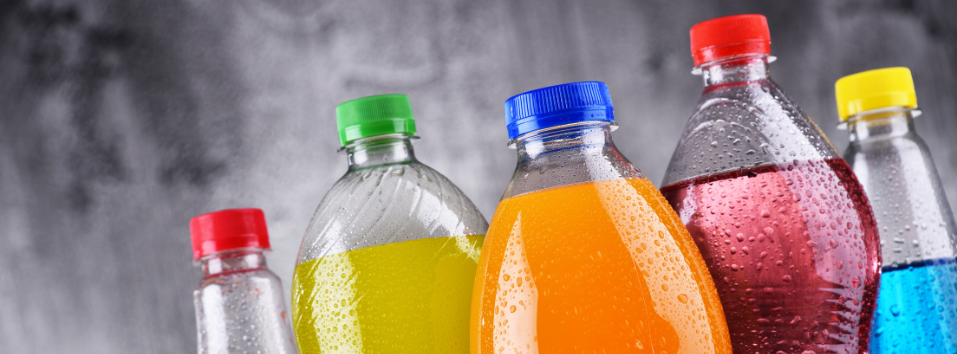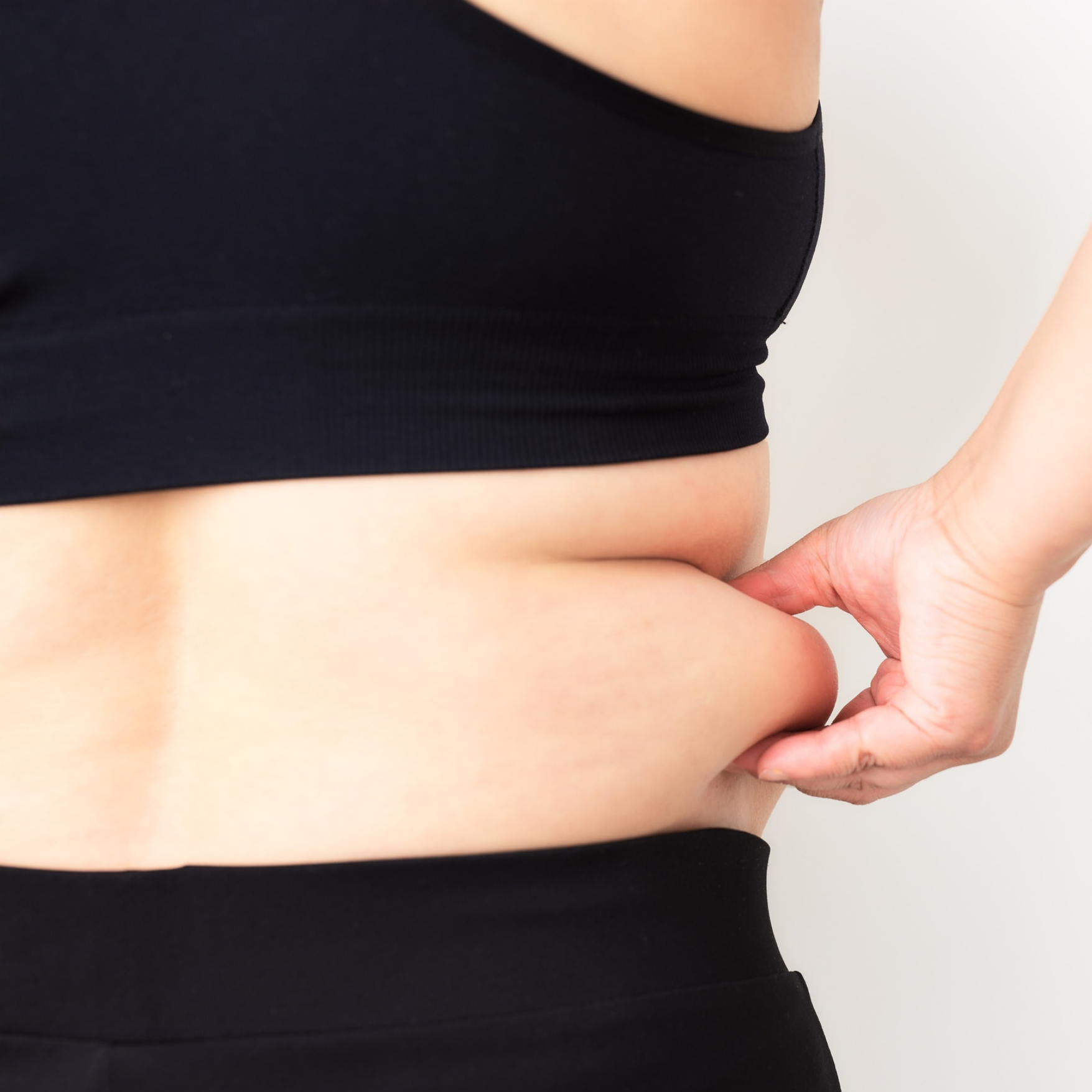Are Zero Sugar Drinks Good for Weight Loss?
Zero-sugar or artificially sweetened drinks are often seen as a healthier alternative to soft drinks and juices, but are they actually helpful for weight loss and metabolic health? The answer isn’t straightforward. Research shows both benefits and potential drawbacks, depending largely on why and how you use them.
What the Research Shows
Clinical trials (RCTs):
Controlled studies have found that replacing sugar-sweetened beverages with artificially sweetened ones can lead to small but measurable weight loss—around 0.9 kg on average (Miller & Perez, 2014; Toews et al., 2019).
Observational studies:
Population studies tell a different story. Regular consumers of diet drinks often have higher BMIs and a greater risk of obesity and metabolic syndrome (Rhee et al., 2019; Bhupathiraju et al., 2013).
Animal studies:
In some experiments, rodents given artificially sweetened beverages gained more weight than those drinking sugar—despite similar calorie intakes. This may relate to changes in appetite, metabolism, or reward signalling (Swithers, 2013; Swithers et al., 2010).
Why Motivation Matters
Emerging research suggests your motivation—the reason you drink sweetened beverages—might determine whether zero-sugar drinks help or hinder your goals.
- If you drink for sweetness or comfort:
Artificial sweeteners may not fully activate the brain’s reward pathways, leaving you craving more sugar later. Over time, this can lead to compensatory eating and plateaued results. - If you drink for hydration, caffeine, or taste:
Swapping to a zero-sugar version may effectively cut calories without triggering those cravings, supporting your weight-management goals.
In other words, your why matters just as much as your what.
Practical Takeaways
- Reflect on your motive.
Are you craving something sweet or simply thirsty? - Use zero-sugar drinks as a bridge.
They can help you transition away from sugary beverages, but aim to reduce sweetness preference overall. - Watch your overall intake.
Pay attention to whether switching to diet drinks leads to more snacking or dessert later in the day. - Focus on long-term habits.
Prioritise water, soda water, herbal teas, and whole-food nutrition for lasting results.
The Bottom Line
Artificially sweetened drinks can be useful tools for weight loss - in context. They’re most effective when replacing sugar-sweetened beverages for hydration or with a meal, not when used to satisfy sugar cravings. Long-term success still comes down to balanced eating, mindful behaviour, and sustainable changes rather than single swaps.
References
- Bhupathiraju, S. N., Pan, A., Malik, V. S., et al. (2013). Caffeinated and caffeine-free beverages and risk of type 2 diabetes. American Journal of Clinical Nutrition, 97(1), 155–166.
- Miller, P. E., & Perez, V. (2014). Low-calorie sweeteners and body weight and composition: a meta-analysis of randomized controlled trials and prospective cohort studies. American Journal of Clinical Nutrition, 100(3), 765–777.
- Rhee, J. J., et al. (2019). Sugar-sweetened, artificially sweetened, and unsweetened beverages and risk of mortality in the Nurses’ Health Study and Health Professionals Follow-up Study. Circulation, 139(18), 2113–2125.
- Swithers, S. E. (2013). Artificial sweeteners produce the counterintuitive effect of inducing metabolic derangements. Trends in Endocrinology & Metabolism, 24(9), 431–441.
- Swithers, S. E., et al. (2010). Consumption of artificially sweetened beverages promotes energy intake and body weight gain in rats. Behavioral Neuroscience, 124(4), 512–518.
- Toews, I., et al. (2019). Association between intake of non-sugar sweeteners and health outcomes: systematic review and meta-analyses of randomized and non-randomized controlled trials and observational studies.BMJ, 364, k4718.



